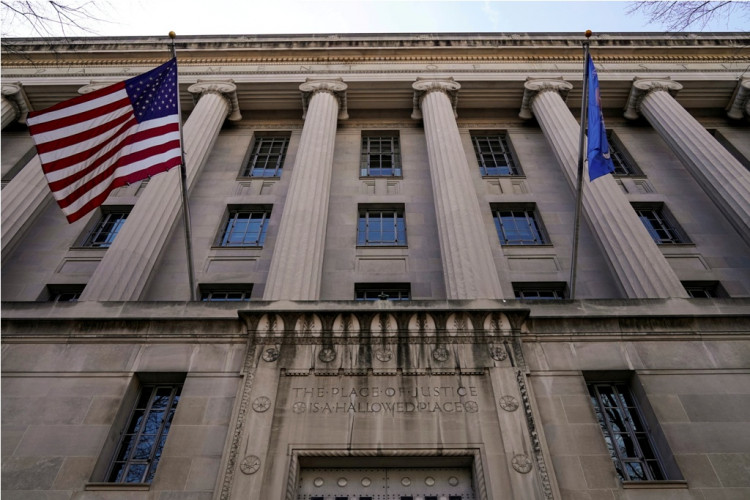The Department of Justice announced Wednesday it will dismiss high-profile lawsuits against the Minneapolis and Louisville police departments and is preparing to close several additional investigations into alleged police misconduct launched under the Biden administration. The move, which includes ending federal oversight through consent decrees, marks a sweeping reversal of civil rights enforcement strategy by the Trump administration just days ahead of the five-year anniversary of George Floyd's death.
Speaking on a press call, Assistant Attorney General Harmeet Dhillon said the DOJ is moving to dismiss the lawsuits "with prejudice," characterizing them as "expensive," "overly broad," and based on "faulty legal theories." She said the department's review found the measures relied too heavily on incomplete data and flawed methodologies, and often equated statistical disparities with intentional discrimination.
"Overbroad police consent decrees divest local control of policing from communities where it belongs," Dhillon said. "Today, we are ending the Biden Civil Rights Division's failed experiment of handcuffing local leaders and police departments with factually unjustified consent decrees."
The DOJ's decision includes plans to unwind investigations and retract findings of constitutional violations in police departments in Phoenix; Trenton, N.J.; Memphis; Mount Vernon, N.Y.; Oklahoma City; and the Louisiana State Police. Officials said the average cost of maintaining a consent decree exceeds $10 million annually per department, and many last over a decade.
The department's actions sparked backlash from Minneapolis officials and civil rights groups, who warned the reversal could jeopardize hard-fought progress in police accountability following the 2020 killing of George Floyd by former officer Derek Chauvin.
"We're doing it anyway," said Minneapolis Mayor Jacob Frey. "We will implement every reform outlined in the consent decree because accountability isn't optional."
Minnesota Human Rights Commissioner Rebecca Lucero emphasized the state's consent decree with Minneapolis will remain in place. "The tremendous amount of work that lies ahead for the city, including MPD, cannot be understated," Lucero said. "And our department will be here every step of the way."
A 2023 federal report linked to Floyd's death concluded that the Minneapolis Police Department engaged in racial discrimination, excessive force, and First Amendment violations. The federal consent decree was approved by the City Council in late 2023 and was awaiting court implementation when the DOJ announced its retreat.
Michelle Gross, president of Communities United Against Police Brutality, told CNN her group is preparing legal action to keep the federal consent decree in place. "It's really important that that we don't just say, 'Well, you know, that was a nice experiment. Let's move on,'" she said.
The rollback of federal reforms coincides with renewed calls from right-wing figures to pardon Derek Chauvin, who is serving concurrent 21- and 22.5-year federal and state sentences. Rep. Marjorie Taylor Greene wrote on social media, "I strongly support Derek Chauvin being pardoned and released from prison." The campaign has been supported by conservative commentator Ben Shapiro and reportedly received tacit encouragement from Elon Musk.
Minnesota Attorney General Keith Ellison dismissed the pardon efforts, saying, "The only conceivable purpose" of a pardon "would be to express yet more disrespect for George Floyd and more disrespect for the rule of law."
Floyd's brother, Terrence Floyd, described the pardon calls as "reinjuring" his family. "This is the fifth year, we were supposed to see progress," he said.






